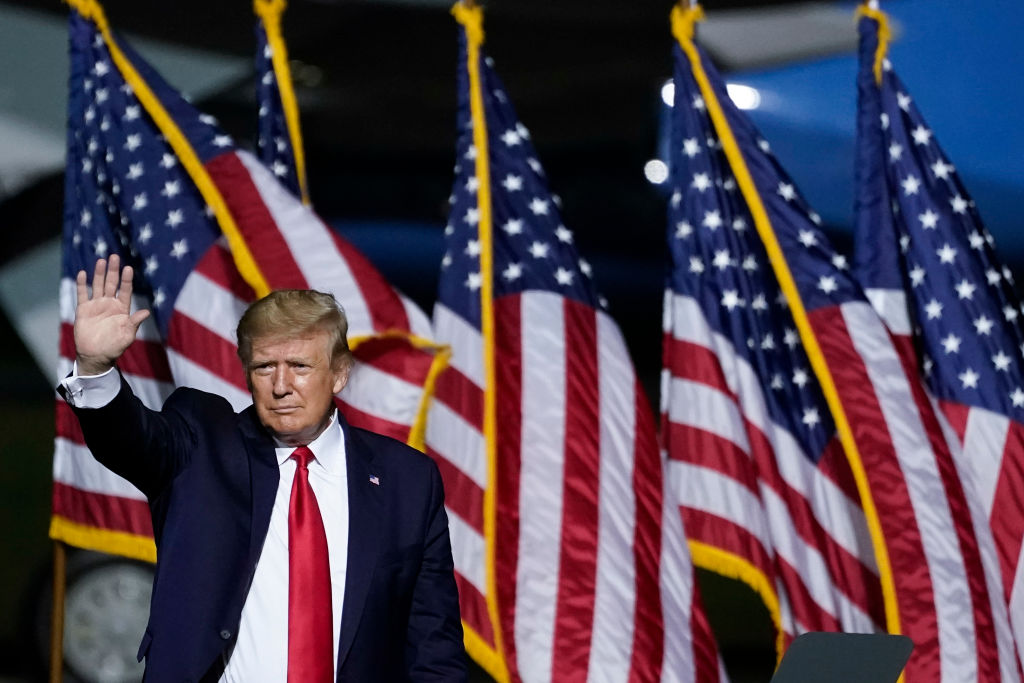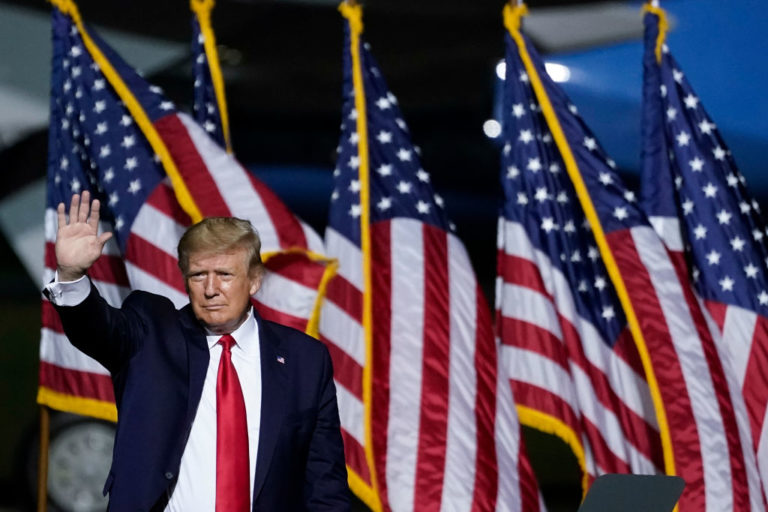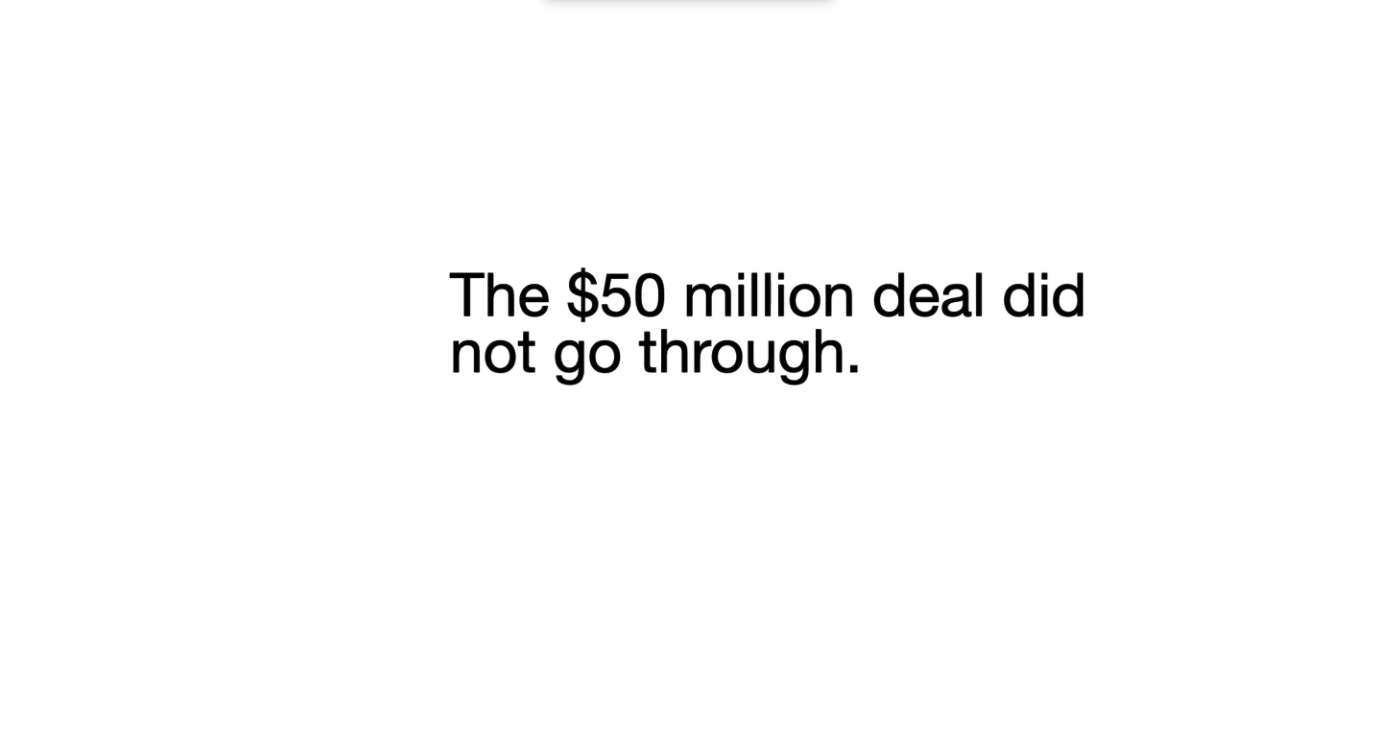These are turbulent times. Social upheaval has triggered far-reaching consequences across the West. Populism has been fuelled by the Digital Age, changes in the labour market, rising immigration and changing attitudes towards equality and diversity. Populations have become polarised. One side’s opinions are demonised by the other, leading to rival versions of reality. The pandemic has added to the mix, so too the death of George Floyd. I wanted to understand the damaging impact of these changes on our social wellbeing. I talked in depth to leading academics, and I discovered some disturbing conclusions – which I explore in four short films.
At the heart of these issues are truth, reason and understanding, and they are being undermined. For more than 20 years, Working Voices has been helping clients around the world develop a range of professional skills, all of which rely on a reasoned understanding of truth. We know from experience that without a shared perception of truth, any organisation – from a small business to a political party – risks losing touch with reality. At that point they become isolated and risk missing out on the ebb and flow of life that is essential for their survival.
Organisations relying on relationships are unlikely to get far by pulling up the drawbridge. Similarly, leaders who find themselves stuck in an altered view of reality risk succumbing to unseen dangers, as easily as someone can catch Covid by dismissing the value of a mask. The danger of misguided leadership is that it can contaminate opinion and infect the way business is done. For example, it can encourage the kind of inaccurate messaging that leads to flawed thinking and poor results. Effective leadership and clear communication are central to the skills we help people with. But both are vulnerable to misuse.
Sidestepping reality
Given the turbulent times we find ourselves in, effective leadership and communication are essential. Businesses, countries, political parties and national leaders need stability and a steady hand on the tiller. The fate of social wellbeing at the moment suggests these are elusive ambitions. I wanted to understand why. Why has it been so hard, in Britain, in America and elsewhere, to build national unity on issues such as masks and vaccination policies, on immigration and on attitudes towards diversity?
As we wade against a tide of fake news, conspiracy theories, anti-vaccination fears and misinformation, I wanted to know what has become of truth. I wanted to discover some of the psychological causes of the effects we’ve been seeing, I wanted to know if there are solutions.
I talked with leading experts about the rogue aspects of human nature that can lead us to sidestep reality and send us in a headlong rush towards misunderstanding. In looking for universal examples that are readily accessible and understandable, I decided that the US political situation seemed an obvious place to begin. America is divided because of the clever manipulation of information in the political process, which although prevalent for decades is particularly acute today.
Coming undone at the seams
I wanted to offer our audience some insight into the behaviours that cause these problems, whilst remaining as politically neutral as possible. However, it is clear from observing the tactics of both parties that it would be foolish of me to present a false equivalency. Each party has its own methods and relationship with reality.
So, with my plan in mind and my rules established, I talked with historians, political scientists and psychologists. Working from my kitchen table, I asked them fundamental questions and then pulled their answers together.
I discovered that in the months leading up to the presidential election, truth was fraying at the seams. All too often, its fine nuances were torn apart and then stitched up by crude fabrications woven together from biases and binary thinking. As individuals, we can uphold our own perceptions of truth and integrity, but it’s hard to hold on when politicians are trying to unsettle us.
Understanding tribal behaviour
So what did I discover? Well, in ‘Them and Us’, the first of my films, I found that political parties used to play a small role in a broader American culture shared by the population at large. Not any more. These days, many voters on both sides feel they ‘belong’ to a sub-culture – which is completely understood by their particular political party and completely rejected by the other. Alex Theodoridis, political scientist at the University of Massachusetts Amherst, told me that “party identity is now so tied in with all these other identities, our race, our education level, our social status, where we live, that it becomes just a visceral, deep part of who we are”.
To people who are fearful of economic and political change, a sense of belonging offers a safe feeling of refuge. But it brings risks. Psychotherapist Dr. Aaron Balick told me about problems stemming from flawed thinking, such as confirmation bias and filter bubbles where “we tend to discount information that contradicts ideas about the world.” Psychoanalyst Dr. Justin Frank – author of psychological biographies of the last three presidents – explained the limitations of binary thinking – which is prevalent in social media and can easily spill into violence on the streets. Ultimately this is what ‘them and us’ can lead to, which is why I wanted to highlight the dangers of tribal behaviour in the first place.
As Covid continues to bite, more of us are working from home. Businesses struggling in unprecedented circumstances are dependent on individuals’ creativity, commitment and the ability to work alone. These skills rely on critical thinking and self-management, and are effective only in an atmosphere of trust and honesty. How can someone working remotely believe they are valued if there is no shared perception of truth, no mutual sense of trust? The erosion of these values inevitably touches us all, particularly through social media.
In these turbulent times, shaking the ground we stand on is hardly going to help. Of course, all elections culminate in a winner, eventually. My sincere hope is that truth, honesty, imagination and the freedom to champion diversity are not among the losers.






